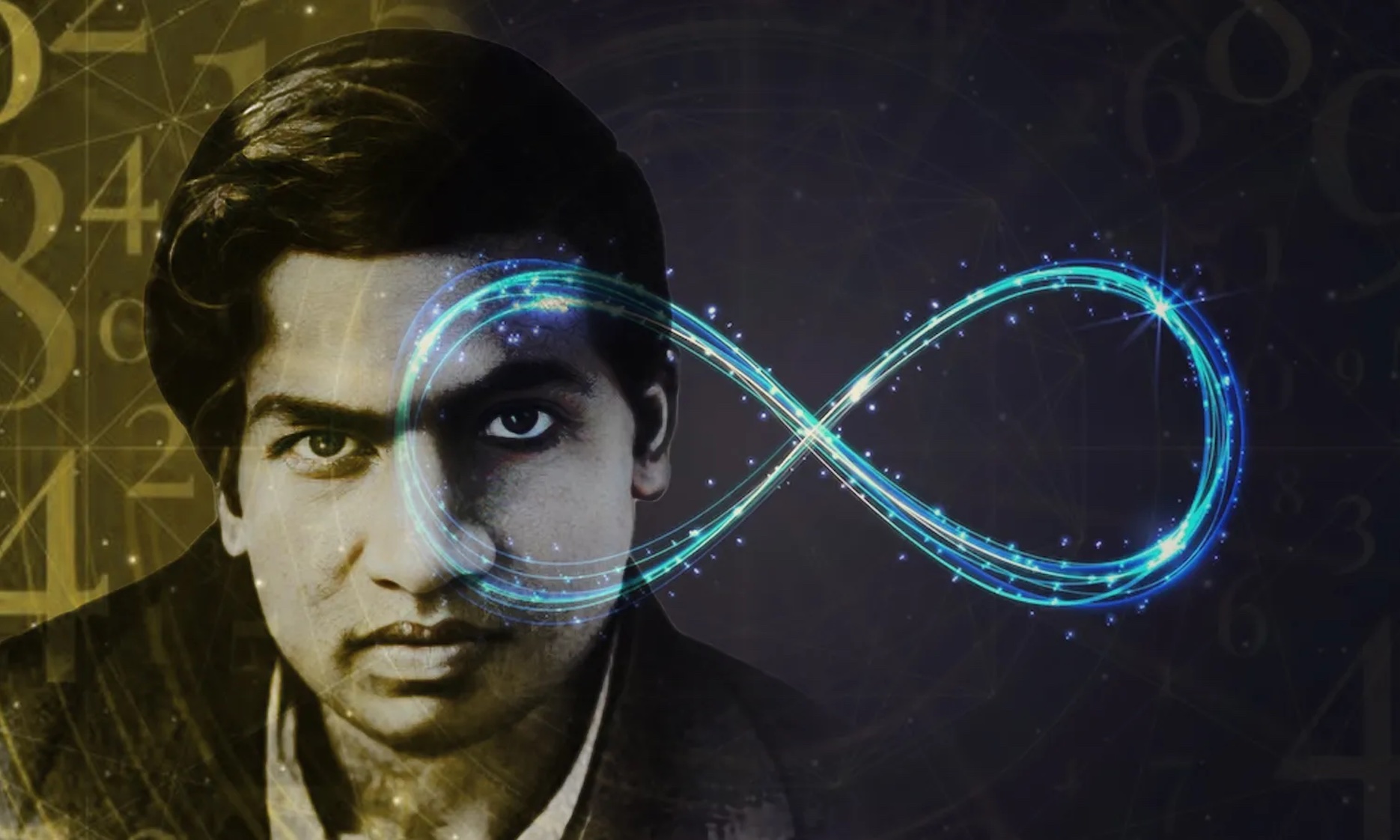Schwarzschild Meets Ramanujan: Black Holes and Modular Forms

Speaker
Date
Time
Place
Chin-Pao Yang Lecture Hall (R104)
Abstract
While black holes are now firmly established astrophysical objects, they continue to raise conceptual puzzles for theorists – one of them being the microscopic origin of the Bekenstein-Hawking entropy. A significant breakthrough was achieved almost 30 years ago for supersymmetric black holes in string theory, the micro-states of which can be described by D-brane bound states and counted exactly. In the simplest cases with maximal supersymmetry, the generating series of these exact degeneracies turns out to be have modular properties, similar to the familiar elliptic functions from 19th century mathematics. In cases with reduced supersymmetry, the counting must take into account wall-crossing phenomena, whereby black hole bound states may form or disappear depending on the values of the scalar fields at spatial infinity. Recent work has shown that generating functions of exact degeneracies are no longer modular, rather they belong to the class of 'mock modular forms', conceived by Ramanujan just before his premature death in 1920. I will attempt to review these developments for non-experts, and convey some of the excitement which has happened over the last few years at this juncture between mathematics and physics.
Biography
Boris Pioline studied physics and mathematics at Ecole Normale Supérieure de Paris, and obtained a PhD in Theoretical Physics at Sorbonne Université (formerly Université Pierre et Marie Curie) in 1998. After a postdoctoral stay at Harvard, he became a CNRS researcher at the Laboratoire de Physique Théorique et Hautes Energies at Sorbonne Université in Paris. He investigates the numerous connections between superstring theories and mathematics, particularly number theory and algebraic geometry. He also coordinates the International Research Network on Quantum Fields and Strings (IRN:QFS).
